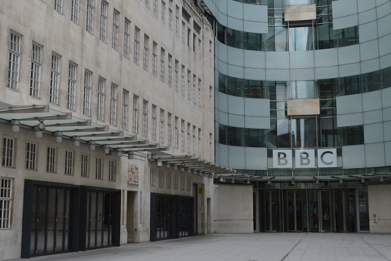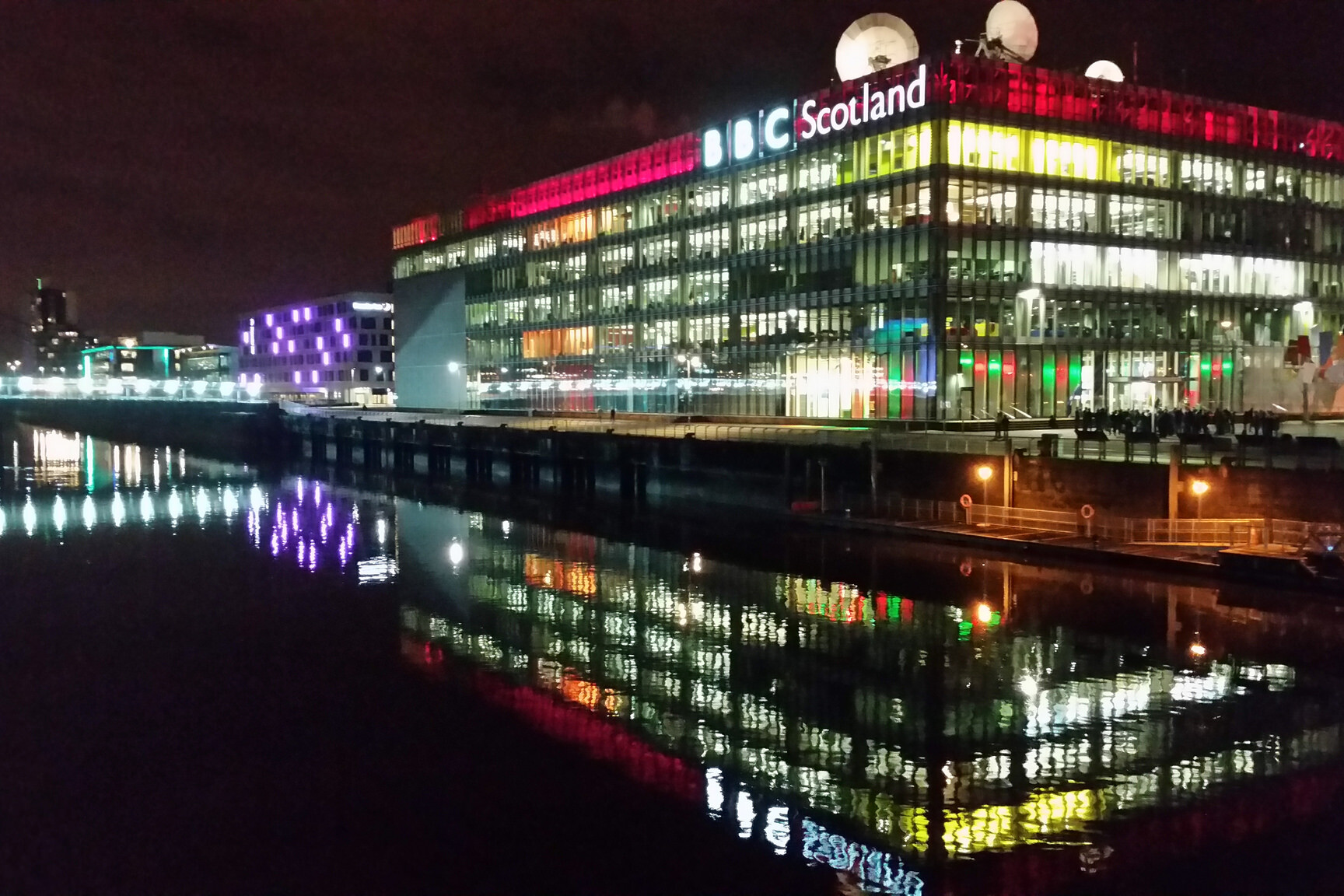The new strategy aims to dramatically improve the corporation’s inclusivity and representation of the UK’s diverse public, both through the content it produces and internally at the workplace.
The strategy suggests that the BBC will strive to stand out as employing a diverse workforce that is representative of contemporary Britain, whilst ensuring that diversity is “something that everyone at the BBC understands”.
As a result, a new 2020 workforce target will be put in place with an aim to expand the BBC’s apprenticeship programmes to appeal to those from all backgrounds, while 10% of all places on BBC training programmes will be “ring-fenced” for those with disabilities. The broadcaster is also committing itself to have women fill half of all on-air roles by the beginning of the next decade.
As a PSB, the BBC has a responsibility to represent the breadth of the public it serves. As such, the plan reflects on those of all backgrounds, disabilities, ethnicity, gender and orientation and states the BBC’s intention to ensure that its output and content is fit for diverse modern audiences.
To achieve this, the strategy sets new and challenging targets for the on-air portrayal of the UK’s diversity “which [will go] wider and further than ever before”, as well as the development of commissioning guidelines to ensure independent production companies adhere to BBC diversity values.
In a quote to the BBC Press Office, BBC Director General said: “The BBC has a breadth and scale that is unique in the UK’s media, and that means what we do has real impact. So I want us to make sure we are leading by example, working with and learning from others in the industry, and using our influence to bring about real change.”
The strategy also reveals how the BBC needs to work with its partners and listen to the opinions of its audience. You can read the full press release here.
Globally
The strategy launch comes at a time when PSBs worldwide are facing pressures to meet the needs of increasingly diverse, globalised and plural audiences.
In Australia, SBS has successfully launched their 24/7 Arabic Service, SBS Arabic 24, to cater for the country’s growing migrant community and refugees arriving from the Middle East and North Africa. Similar feats are taking place in Germany and Greece, however political and funding constraints have severely limited other PSBs, especially those in the Balkans from meeting the needs of diverse audiences.
Prior to the launch, outgoing ABC Managing Director, Mark Scott, used his exit interview with ABC Radio National (RN) to reveal missed opportunities regarding on-air ethnic diversity and gender equality during his tenure.
Reflecting on the need for ABC to better represent modern Australia, he told Radio National “I accept the criticism that we are too Anglo. I think we need to recruit judiciously to help us resolve that and I think we’ll look at targets down the track…you want Australian’s everywhere to feel that it’s their ABC”.
As populations around the world diversify and gain greater access to digital communications technology, it is more pertinent than ever for PSBs to meet the needs of these contemporary publics and audiences. It is hoped that this much needed diversity strategy will also contribute to a wider discussion about representation, inclusivity and diversity amongst PSBs globally.
You can listen to RN’s interview with Mark Scott here
You can read the full BBC press release here
By Kristian Porter

